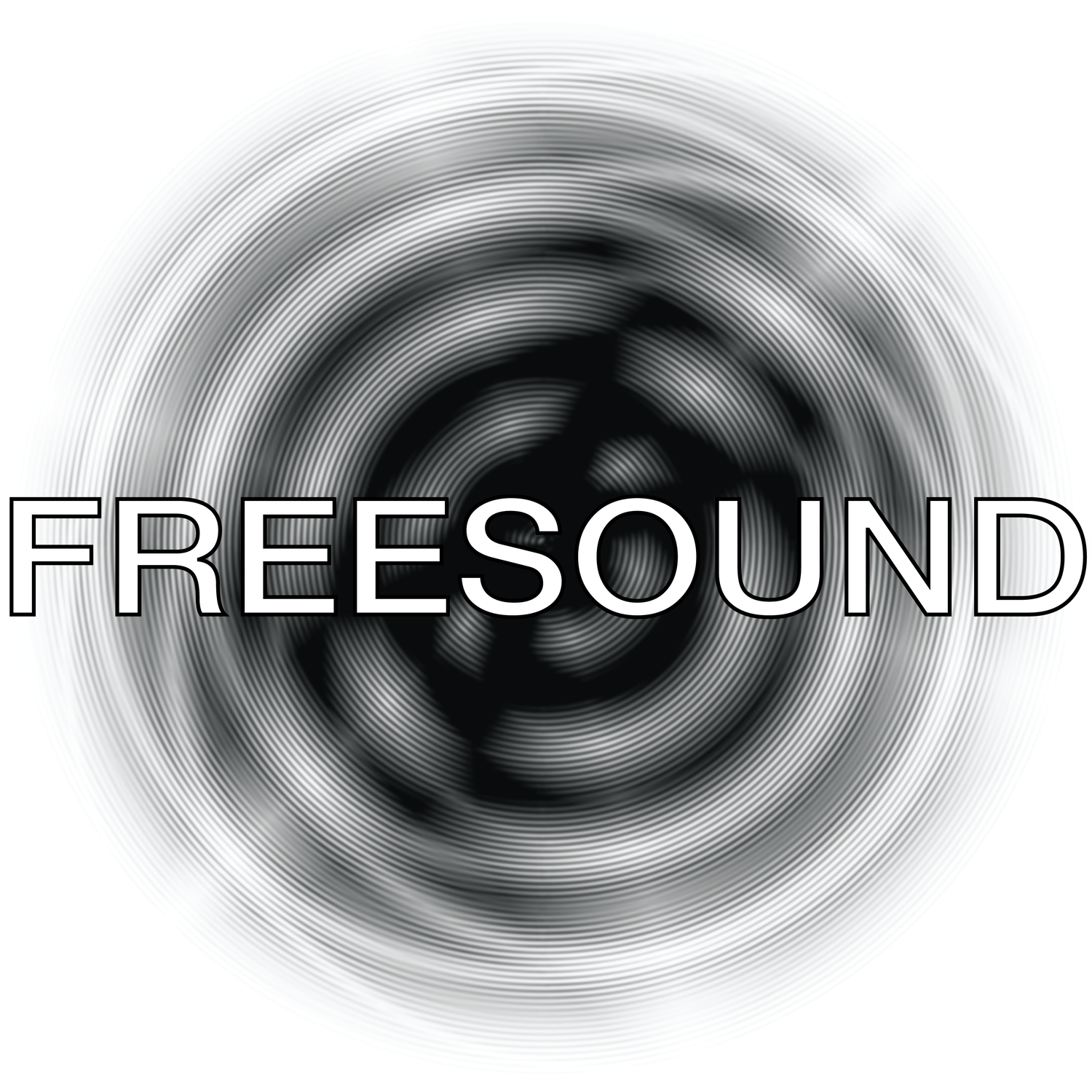Land Acknowledgement
We at Freesound want to acknowledge that we operate on unceded land that has been the home of Indigenous peoples and nations long before colonial documentation of time - specifically the Haudenosaunee, the Anishinaabe, the Wendat, and the Mississaugas of the Credit – people who continue to live and work here in what is currently known as Toronto or Tkaronto. It is now home of many diverse First Nations, Inuit, and Metis peoples, as well as the meeting ground for the urban Indigenous Tkaronto community.
Subsequent Indigenous peoples from around the world, as well as settlers, newcomers, refugees, and displaced people have been invited into this treaty in the spirit of peace, friendship, and respect.
We acknowledge that Toronto is covered under Treaty 13, and operates under the Dish with One Spoon Wampum belt. This is a treaty between the Haudenosaunee and the Anishinaabe, and a mutual agreement between nations for sharing land and resources, and that importantly, we all have a responsibility to care for this land and for those who live here. To honour both the past and living traditional caretakers of this land, we must take a firm stance towards Indigenous sovereignty.
As arts workers, we are participating in an arts and culture sector that has actively erased, dehumanized, and displaced Indigenous peoples and stories in Canada. Part of working towards the complex concept of decolonization means being accountable to the systematic relationship we all have with one another in the arts. As our friends at Xenia Conerts remind us, access to the arts is a human right.
So-called contemporary classical music (or contemporary art music) is a colonial construct. We at Freesound want to ensure the work of access and decolonization are always in relation. We hope those who participate in our concerts as performers, composer, sound workers, and audience, as well as those in our larger community, recognize the interconnected ways colonization has impacted music and the arts over the course of the last 400 years.
General Resources
Indian Residential Schools Survivors Society
Toronto Indigenous Harm Reduction
Indigenous Curatorial Collective
Black Indigenous Harm Reduction Alliance
Educational Resources & References
Whose Land: Treaties & Agreements (Canada)
Rethinking the Practice and Performance of Indigenous Land Acknowledgement

